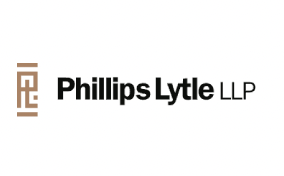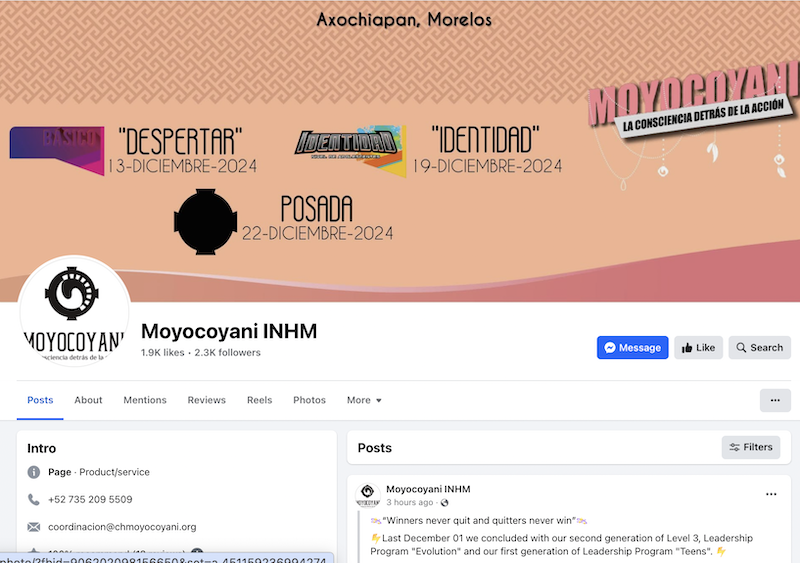MAPS PBC Submission for Approval of MDMA Is a First for Psychedelic-Assisted Therapy
On December 12, 2023, the Multidisciplinary Association for Psychedelic Studies Public Benefit Corporation (MAPS PBC) announced their submission of a New Drug Application (NDA) to the U.S. Food and Drug Administration (FDA) for MDMA (midomafetamine) in combination with psychotherapy for the treatment of post-traumatic stress disorder (PTSD).1 This marks the first NDA submission for any psychedelic-assisted therapy and is a major milestone for the medicinal psychedelics industry.
MDMA, often grouped in the category of psychedelics, is a synthetic psychoactive compound classified as an entactogen — meaning it induces emotional states such as openness and oneness. Mental health professionals were already using MDMA in combination with psychotherapy to treat patients in the 1970s, but in 1985 the U.S. Drug Enforcement Administration (DEA) categorized MDMA (also known as ecstasy) as a Schedule I drug under the Controlled Substances Act precluding its medical use. In the 2000s, renewed interest in this compound led to a marked increase in investigational placebo-controlled studies of MDMA-assisted therapy for PTSD. In 2017, the FDA granted MDMA-assisted therapy for PTSD “breakthrough therapy” status — a designation designed to speed up the development and review of medications for serious conditions where preliminary clinical evidence has suggested the medication may show substantial improvement over available therapy on a clinically significant endpoint(s).2
MAPS PBC conducted six Phase 2 and two Phase 3 studies evaluating the use of MDMA-assisted therapy for PTSD. The two pivotal Phase 3 studies (MAPP13 and MAPP24) were randomized, double-blind, placebo-controlled trials in 90 and 104 subjects, respectively, with PTSD. Therapy involved three preparatory sessions followed by three treatment cycles over a three-month period with each treatment cycle including one medication session (where the patient self-administered MDMA under the supervision of a healthcare provider(s) who also delivered psychotherapy) and three integration sessions. Both studies met the primary endpoint measuring PTSD symptomology by the change from baseline to 18 weeks in Clinician-Administered PTSD Scale for DSM-5 (CAPS-5) and a secondary endpoint of improvement in functional impairment associated with PTSD as assessed by the change from baseline to 18 weeks in the Sheehan Disability Scale (SDS). In both studies, no serious adverse events were reported in the group who received MDMA-assisted therapy.
In MAPS PBC’s press release, Amy Emerson, CEO of MAPS PBC, stated: “The filing of our NDA is the culmination of more than 30 years of clinical research, advocacy, collaboration and dedication to bring a potential new option to adults living with PTSD, a patient group that has experienced little innovation in decades.”5
MAPS PBC asked the FDA for priority review of their NDA. The FDA will decide within 60 days if the NDA will be accepted for review and if it will be a priority or standard review (six months or 10 months, respectively). An approval by the FDA of MDMA-assisted therapy for PTSD would also require the DEA to change the Schedule I classification of MAPS PBC’s formulation of MDMA so that it can be used as a prescription medication.
Many questions remain, such as, if approved, who will be allowed to provide MDMA-assisted therapy, whether the FDA will require a Risk Evaluation and Mitigation Strategy (REMS), and how much the MDMA-assisted therapy will cost or be reimbursed. As Amy Emerson stated: “If approved, MDMA-assisted therapy would be the first psychedelic-assisted therapy, which we hope will drive additional investment into new research in mental health.”6 Stakeholders in the medicinal psychedelic space see this NDA submission as a major milestone and a catalyst for the development and potential approval of other psychedelic medications. Healthcare facilities and mental health professionals interested in providing this therapy will likely need to begin planning in order to hit the ground running if MDMA-assisted therapy for PTSD gains FDA approval, as is expected.
Additional Assistance
For further assistance, please contact a member of our Psychedelics and Mental Health Therapeutics Practice Team or the Phillips Lytle attorney with whom you have a relationship.
1 Press Release, MAPS PBC,MAPS PBC Announces Submission of New Drug Application to the FDA for MDMA-Assisted Therapy for PTSD(Dec. 12, 2023),https://mapsbcorp.com/news/mdma-for-ptsd-fda-submission/.
2 Press Release, MAPS,FDA Grants Breakthrough Therapy Designation for MDMA-Assisted Therapy for PTSD, Agrees on Special Protocol Assessment for Phase 3 Trials(Aug. 26, 2017),https://maps.org/news/media/press-release-fda-grants-breakthrough-therapy-designation-for-mdma-assisted-psychotherapy-for-ptsd-agrees-on-special-protocol-assessment-for-phase-3-trials/.
3 Jennifer M. Mitchell et al.,MDMA-Assisted Therapy for Severe PTSD: a Randomized, Double-Blind, Placebo-Controlled Phase 3 Study. 27 Nature Med. 1025, 1025-33 (2021).
4 Jennifer M. Mitchell et al.,MDMA-Assisted Therapy for Moderate to Severe PTSD: a Randomized, Placebo-Controlled Phase 3 Trial. 29 Nature Med. 2473, 2473-2480 (2023).
5 MAPS PBC,supranote 1.
6 Id.


 Cannabis News2 years ago
Cannabis News2 years ago
 One-Hit Wonders2 years ago
One-Hit Wonders2 years ago
 Cannabis 1012 years ago
Cannabis 1012 years ago
 drug testing1 year ago
drug testing1 year ago
 Education2 years ago
Education2 years ago
 Cannabis2 years ago
Cannabis2 years ago
 Marijuana Business Daily2 years ago
Marijuana Business Daily2 years ago
 California2 years ago
California2 years ago
















